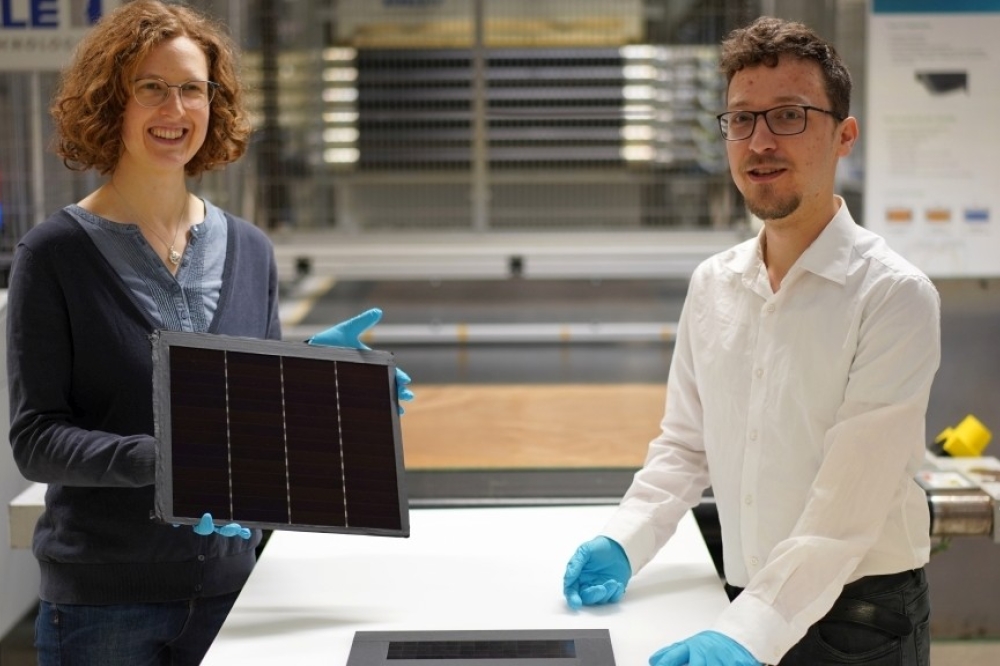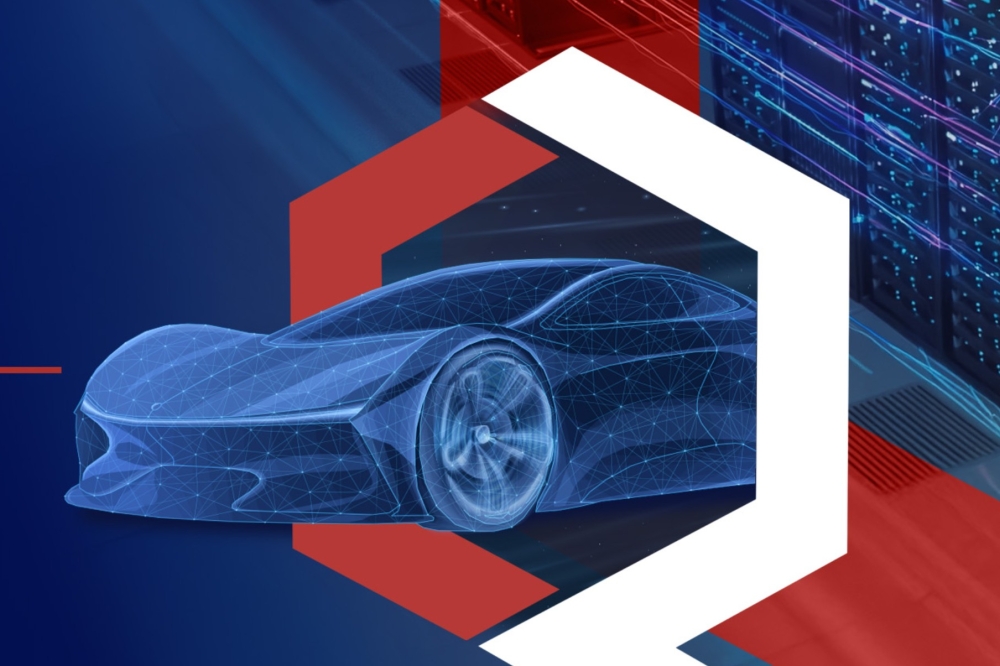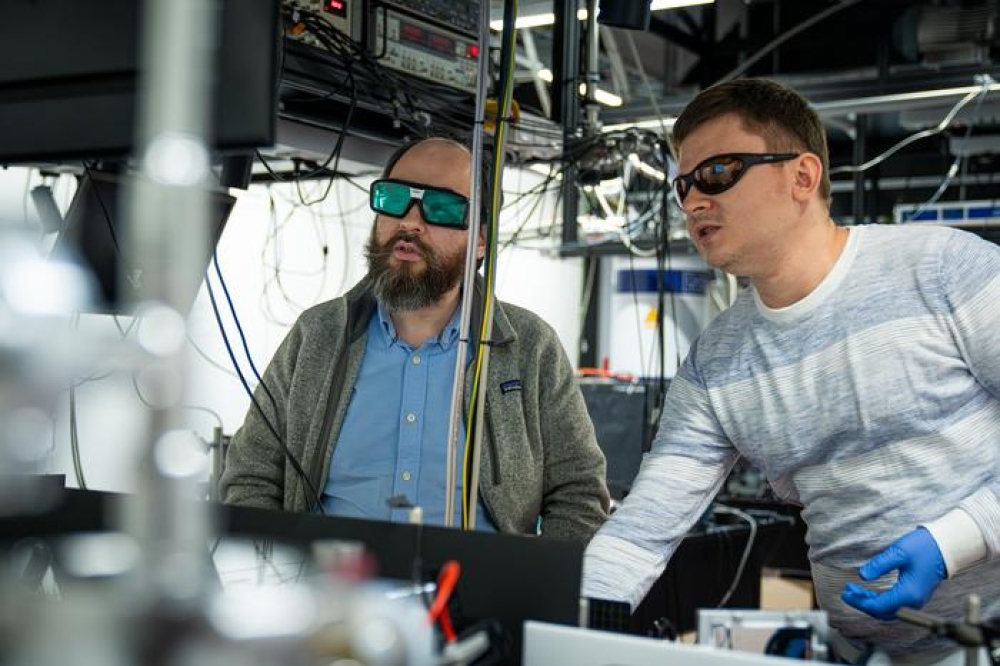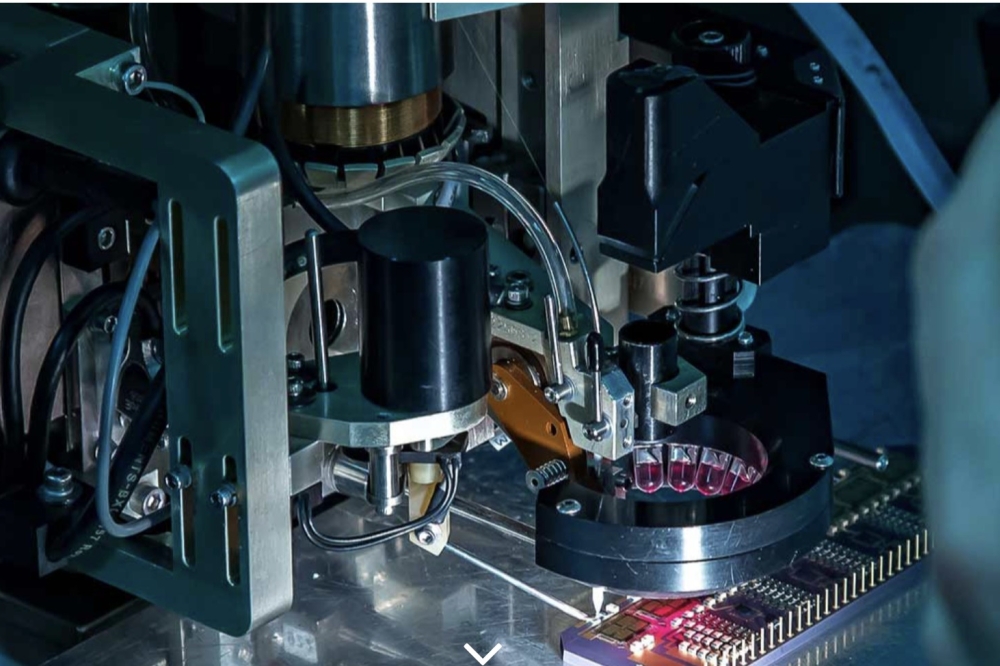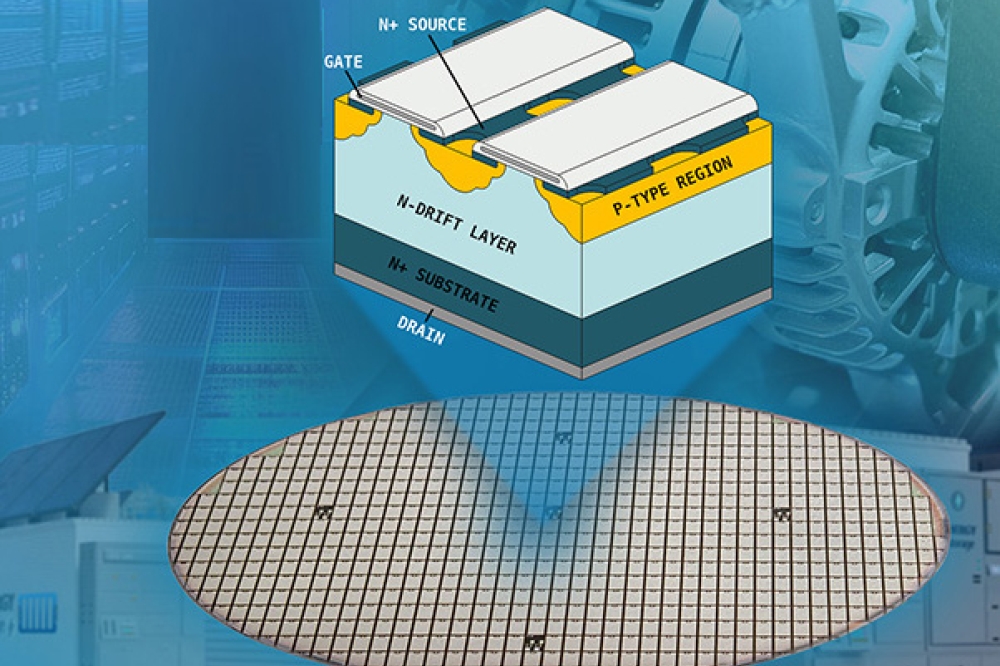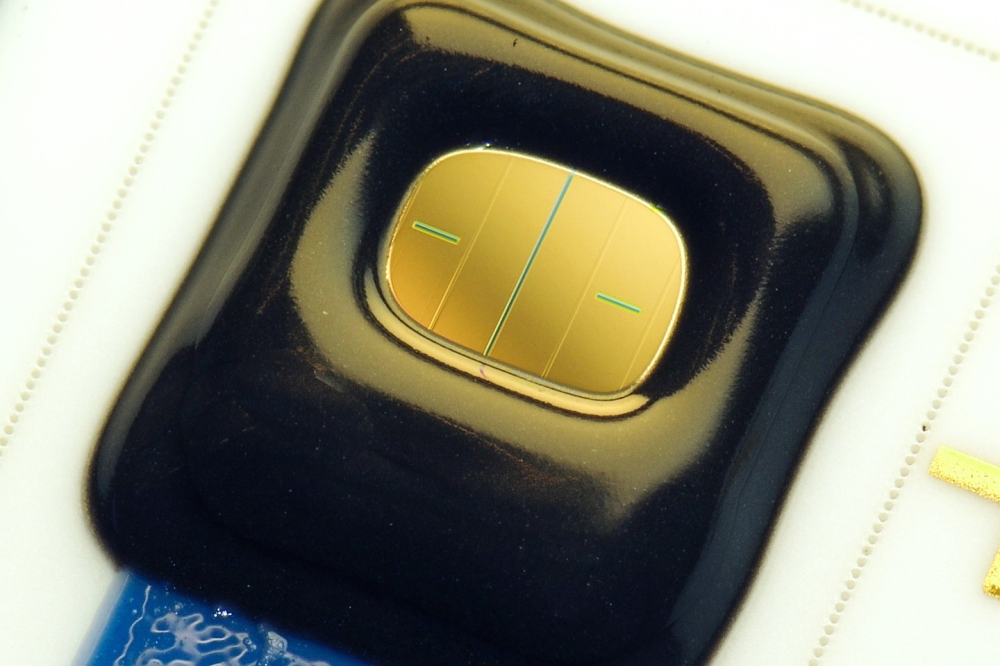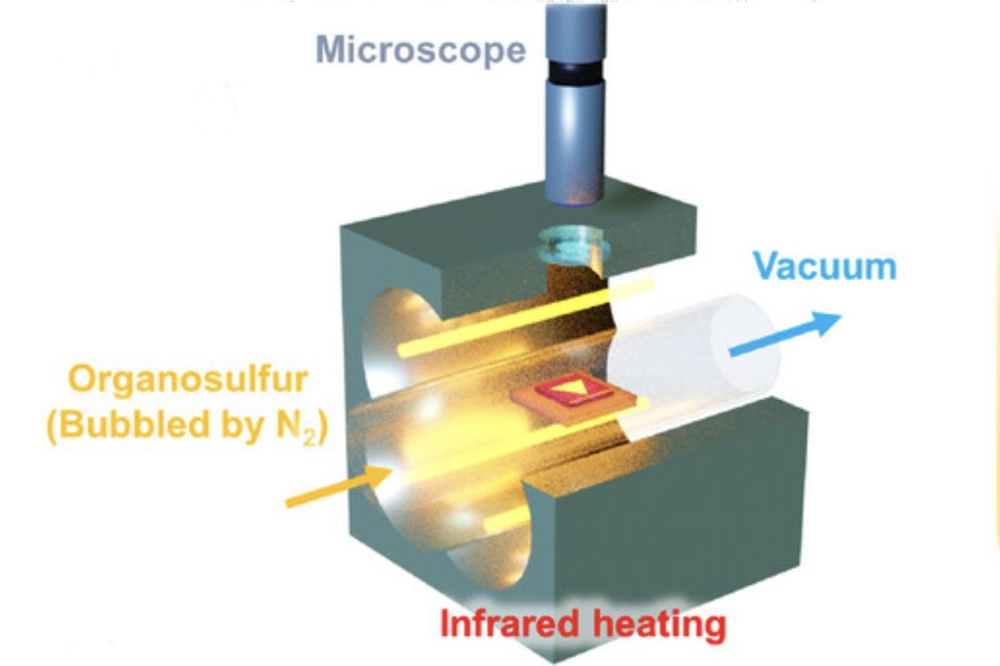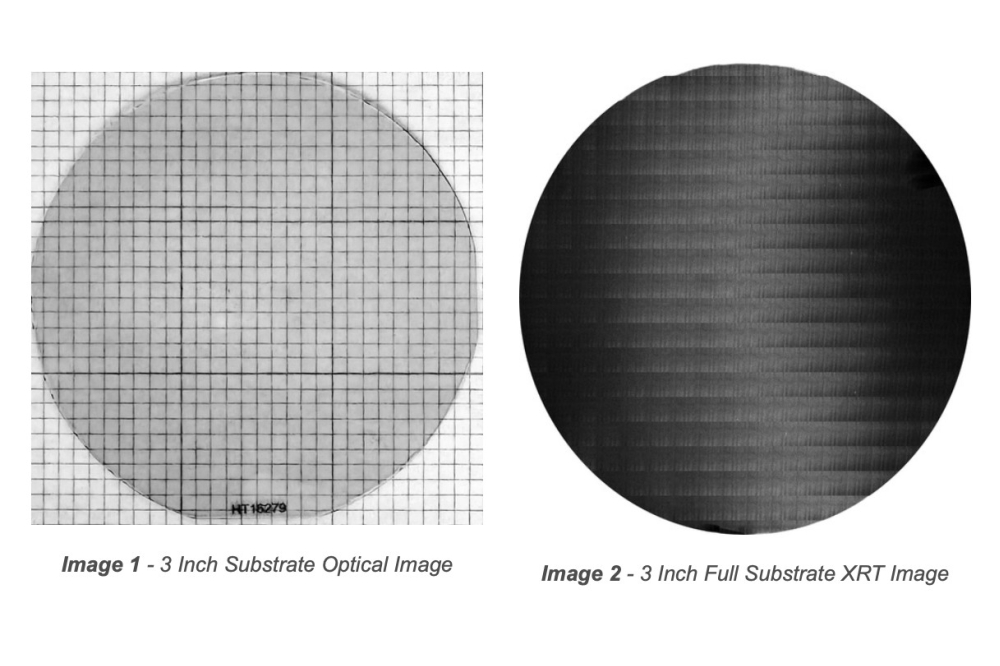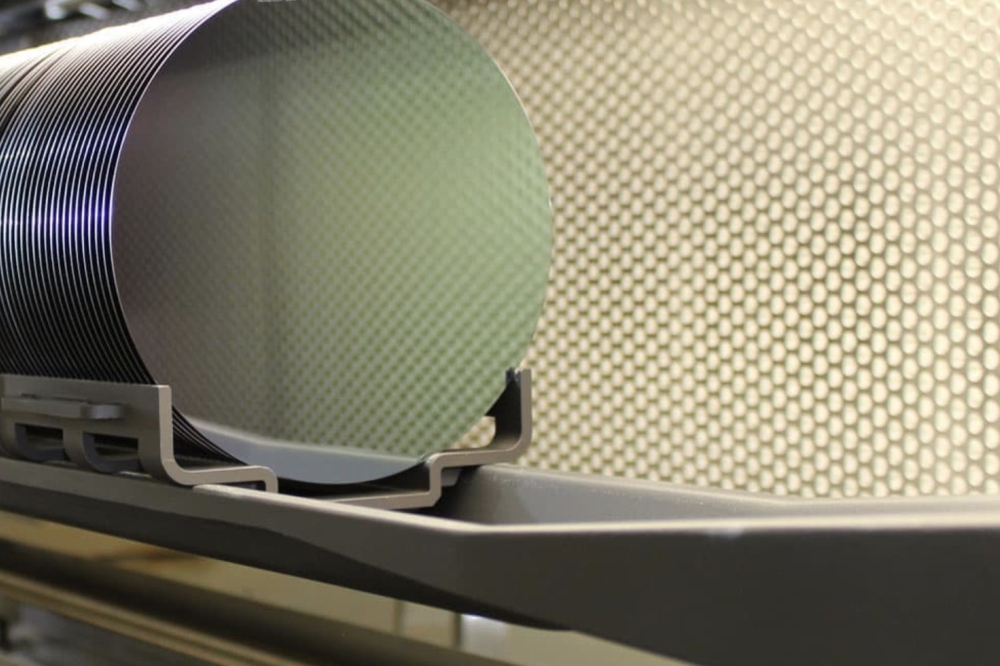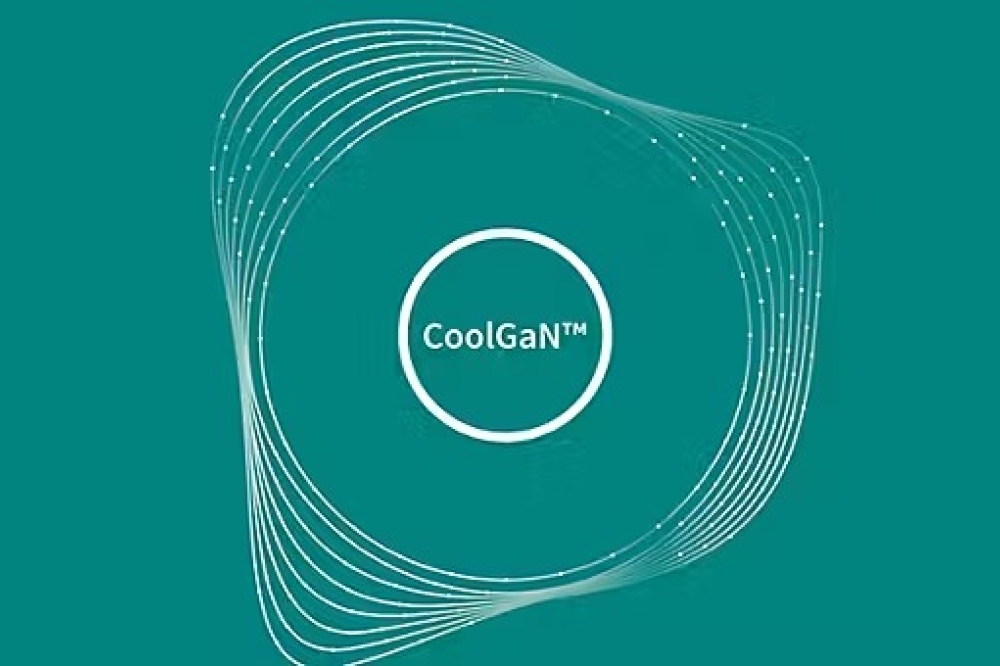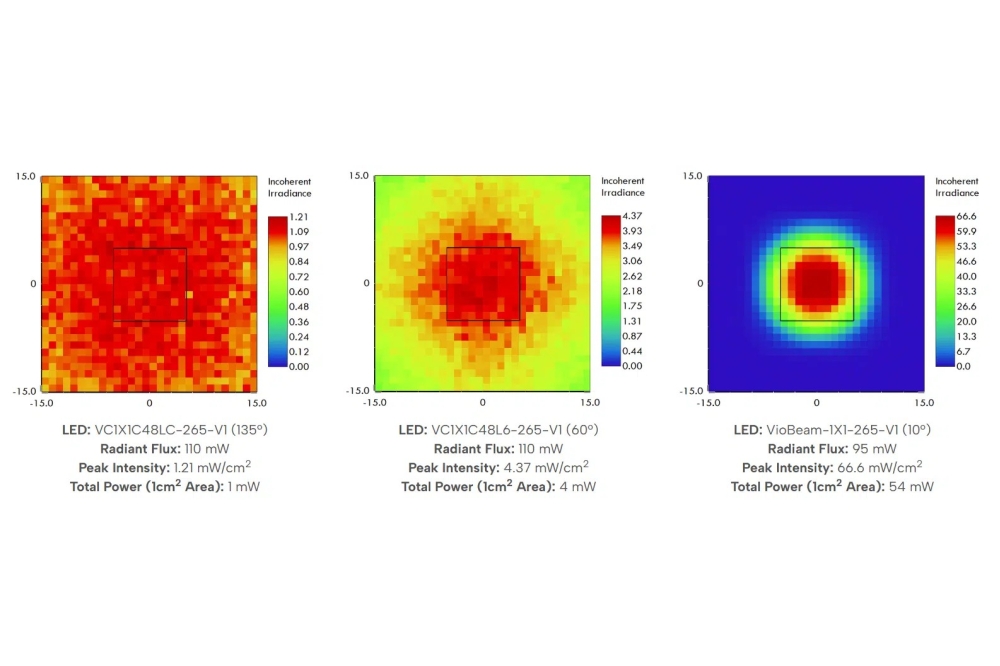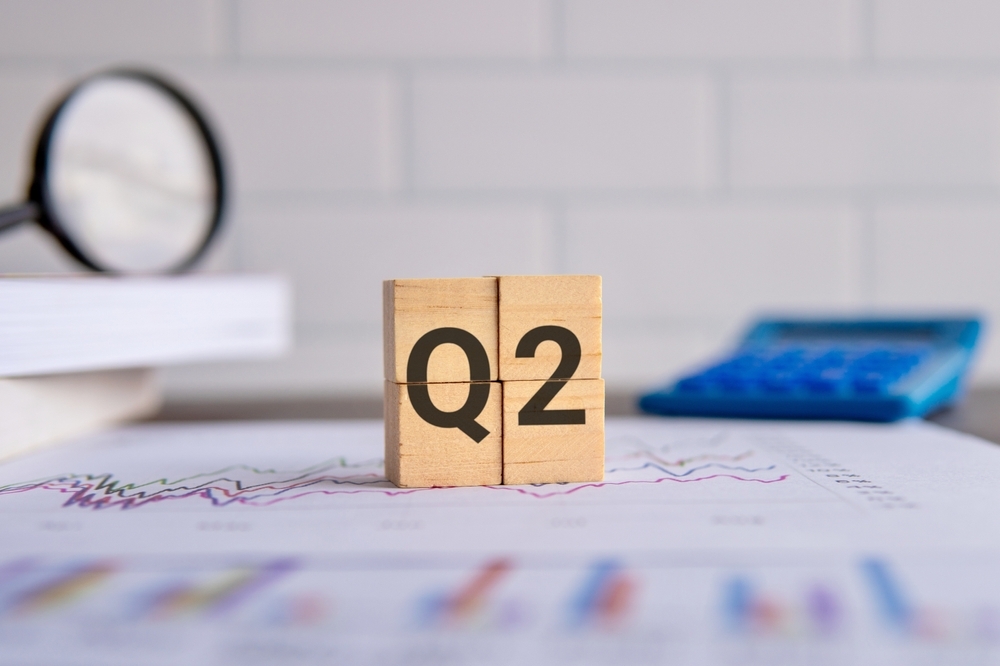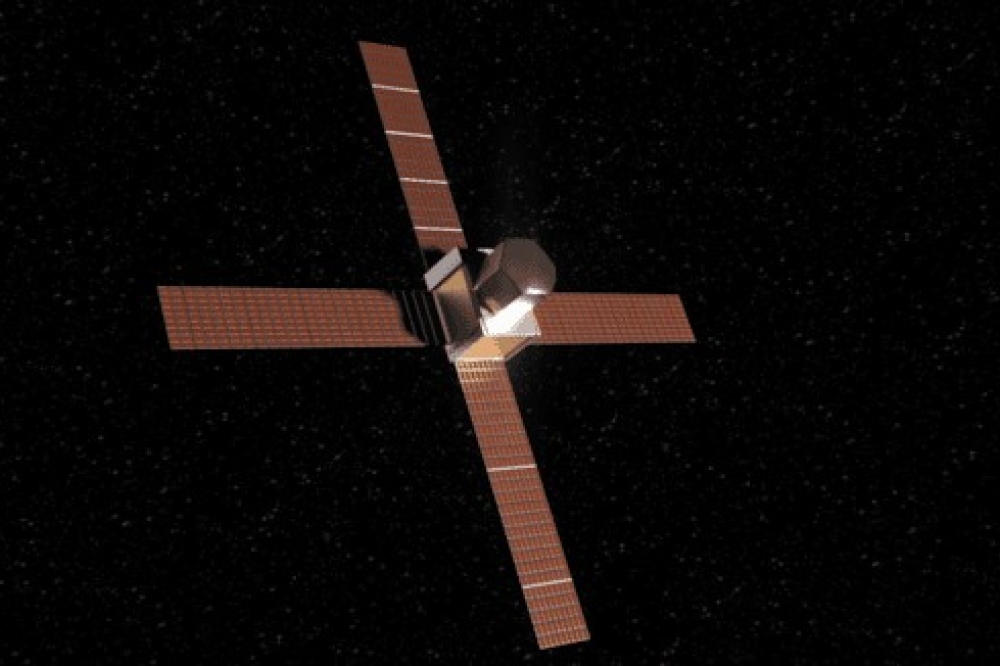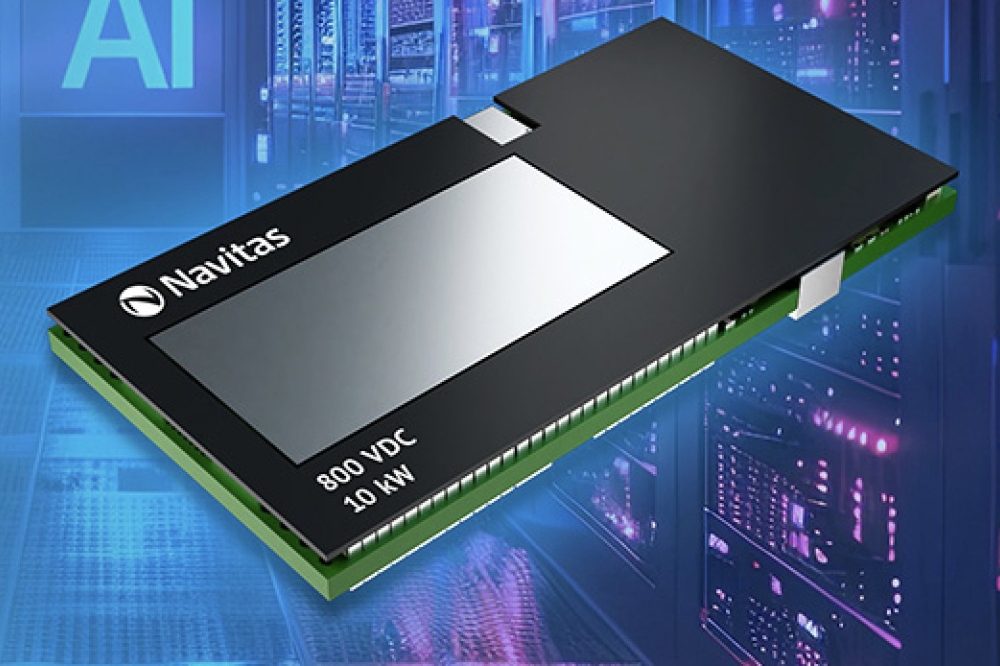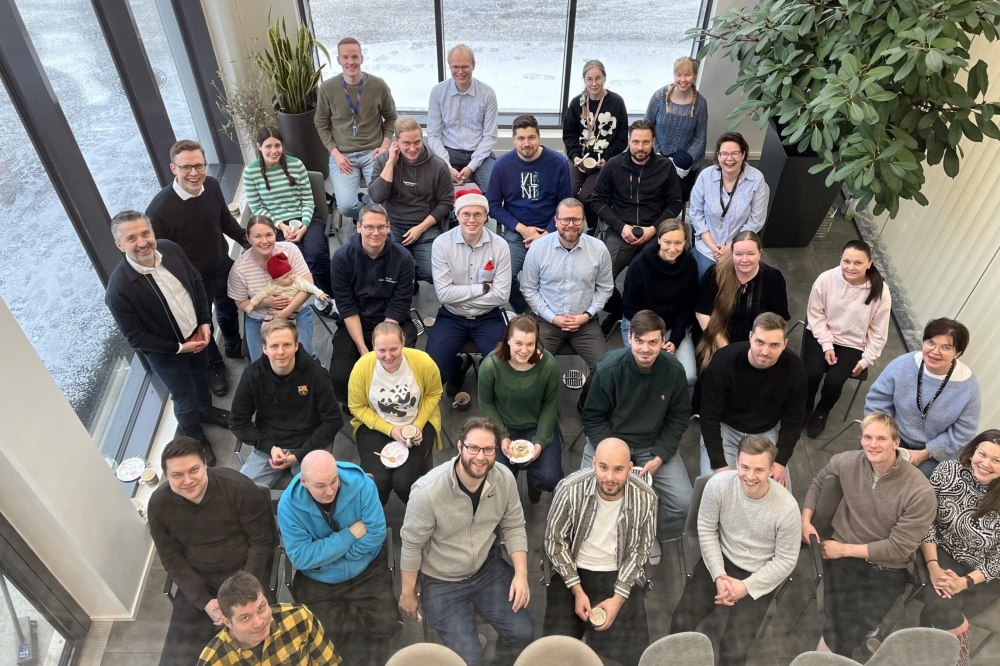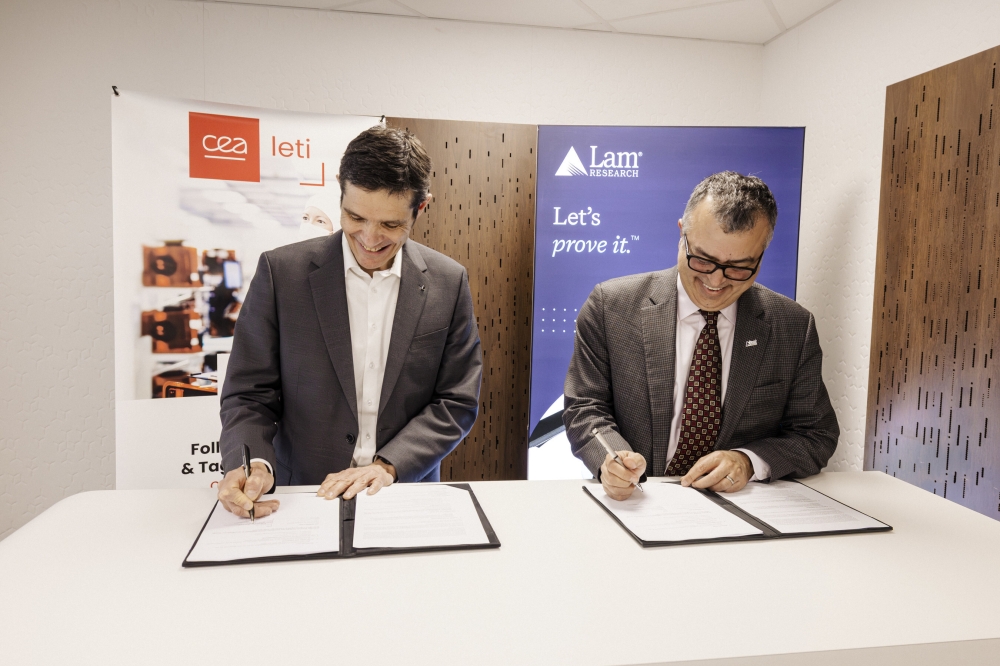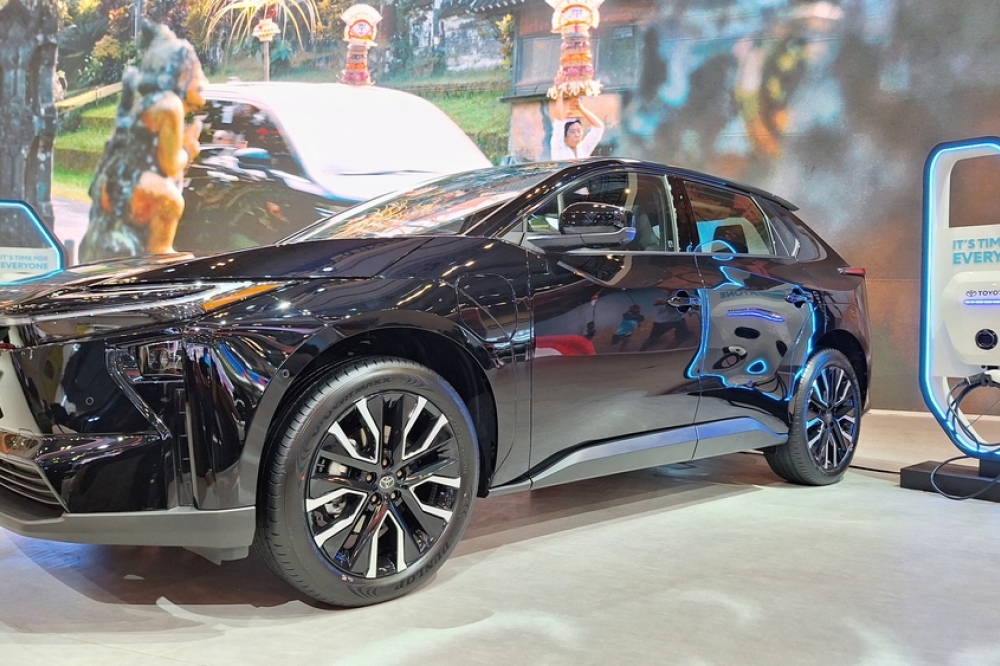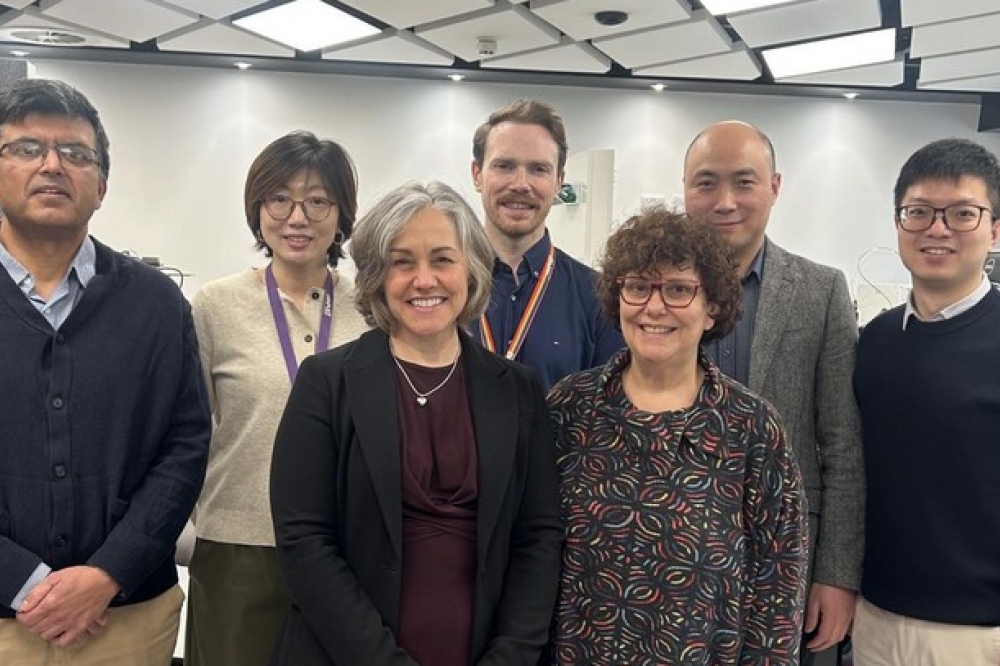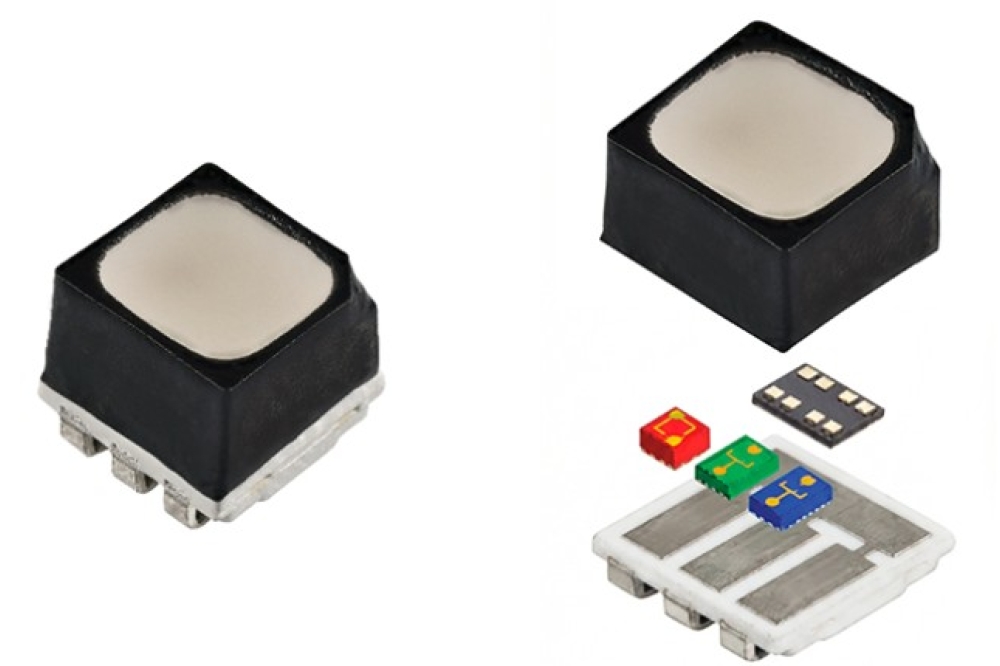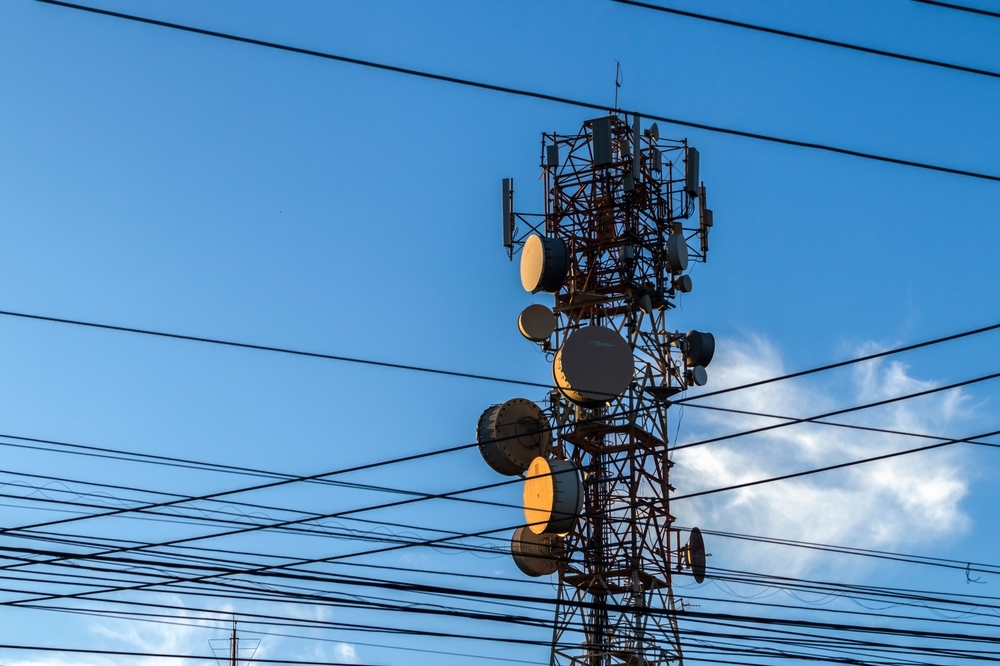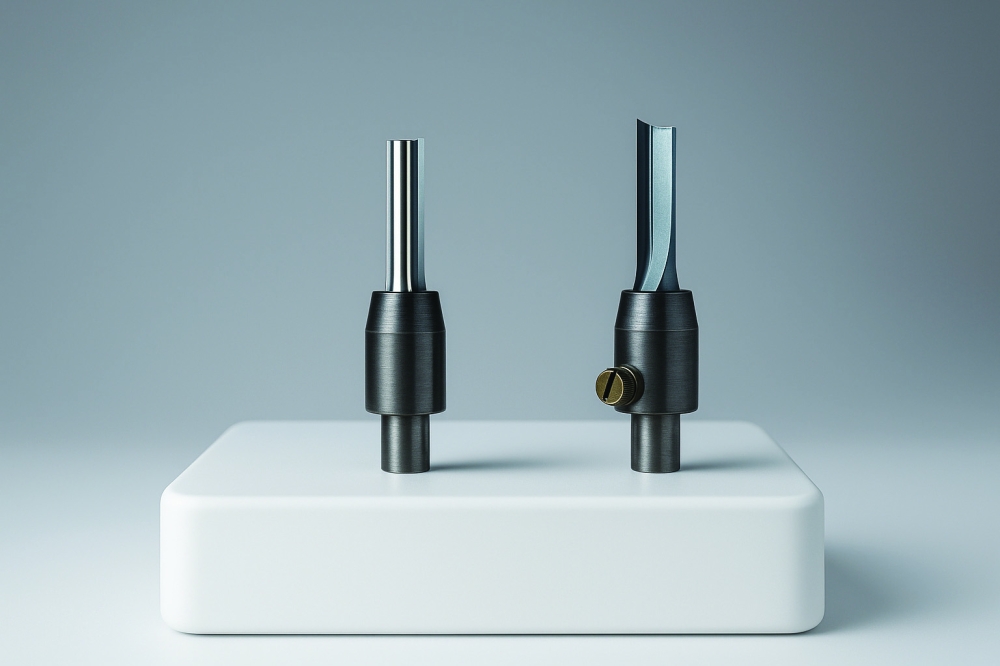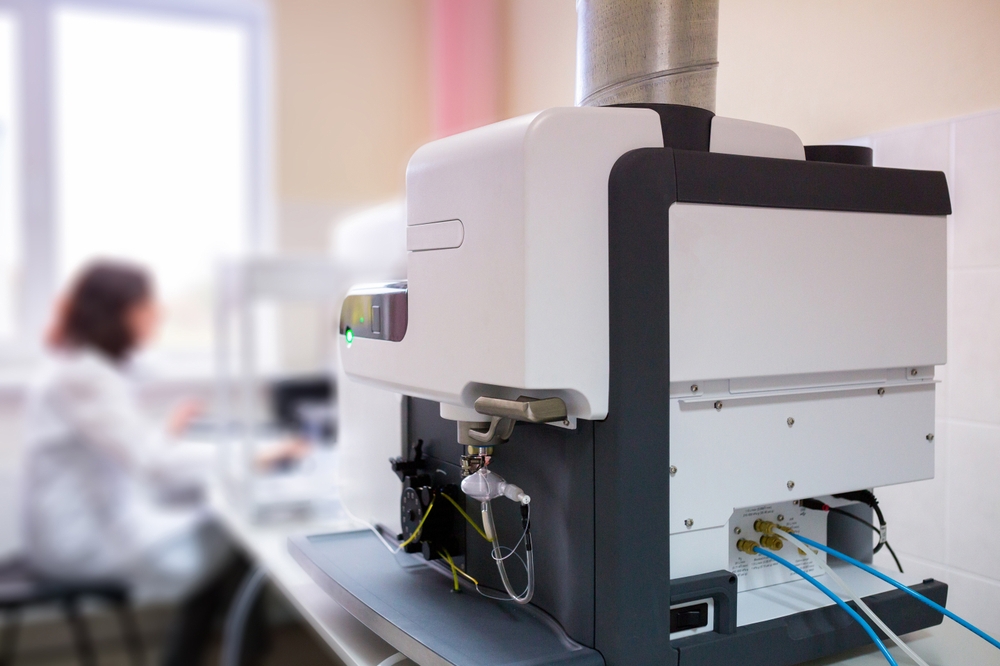InP amp could enable future quantum computers
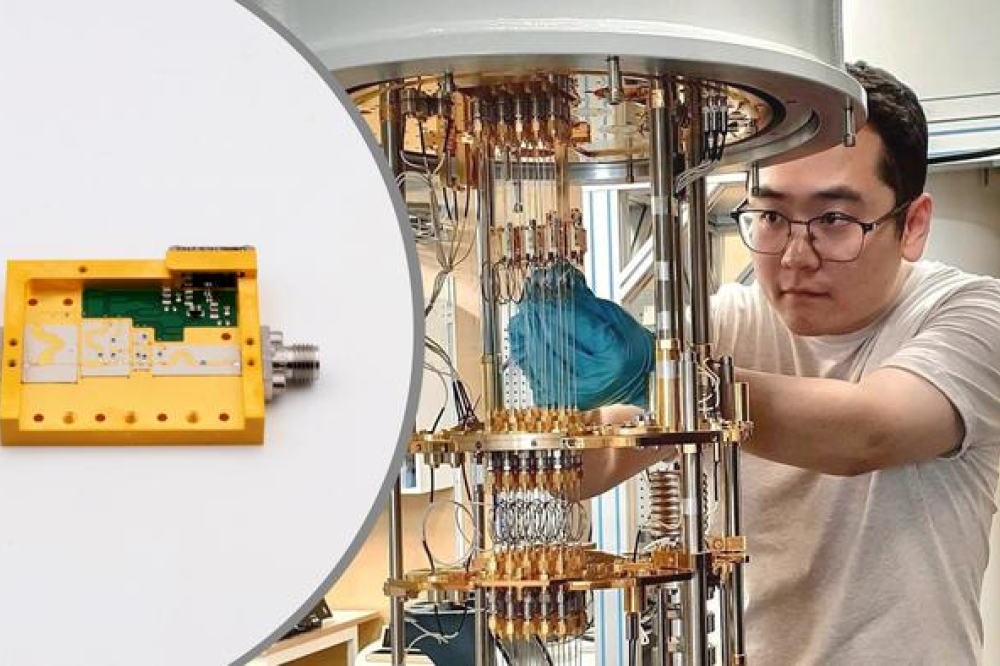
Large-scale qubit readout in quantum computing systems requires highly sensitive amplification with minimal power consumption to reduce the thermal load and preserve qubit integrity. Now, researchers at Chalmers University of Technology in Sweden have developed a highly efficient InP-based amplifier that activates only when reading information from qubits.
The team used a modified commercial cryogenic hybrid LNA based on InP HEMTs characterised to demonstrate the feasibility of pulsed operation for qubit readout. It consumes one-tenth of the power consumed by the best amplifiers available today, according to the researchers. This reduces qubit decoherence and lays the foundation for more powerful quantum computers with significantly more qubits and enhanced performance, according to the team.
Bits in a conventional computer have the value of 1 or 0. By contrast, the building blocks of a quantum computer, qubits, can exist in states having the value 1 and 0 simultaneously as well as all states in between in any combination. This means that a 20 qubit quantum computer can represent over a million different states simultaneously by superposition.
To use quantum computer’s computational power, qubits must be measured and converted with highly sensitive microwave amplifiers. However, reading quantum information is a delicate business – even the slightest temperature fluctuation, noise, or electromagnetic interference can cause qubits to lose their integrity, rendering the information unusable.
Because the amplifiers generate output in the form of heat, they also cause decoherence. As a result, researchers in this field are always in pursuit of more efficient qubit amplifiers.
“This is the most sensitive amplifier that can be built today using transistors. We’ve now managed to reduce its power consumption to just one-tenth of that required by today’s best amplifiers – without compromising performance. We hope and believe that this breakthrough will enable more accurate readout of qubits in the future,” says Yin Zeng, a doctoral student in terahertz and millimetre wave technology at Chalmers, and the first author of the study published in the journal IEEE Transactions on Microwave Theory and Techniques.
“This study offers a solution in future upscaling of quantum computers where the heat generated by these qubit amplifiers poses a major limiting factor,” says Jan Grahn, professor of microwave electronics at Chalmers and Yin Zeng’s principal supervisor.
Unlike other low-noise amplifiers, the new InP-based amplifier developed by the Chalmers researchers is pulse-operated, meaning that it is activated only when needed for qubit amplification rather than being always switched on.
“This is the first demonstration of low-noise semiconductor amplifiers for quantum readout in pulsed operation that does not affect performance and with drastically reduced power consumption compared to the current state of the art,” says Jan Grahn.
Reference
Y. Zeng et al; 'Pulsed HEMT LNA Operation for Qubit Readout'; IEEE Transactions on Microwave Theory and Techniques (2025)


